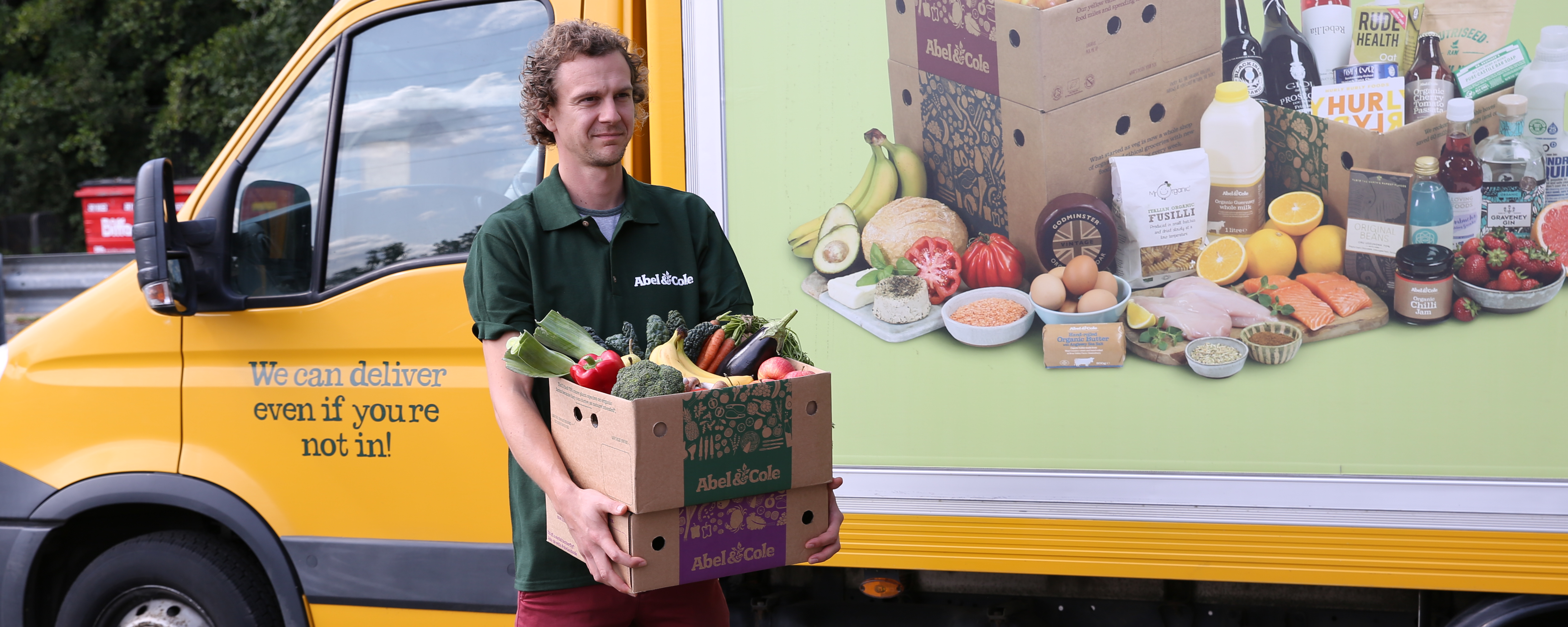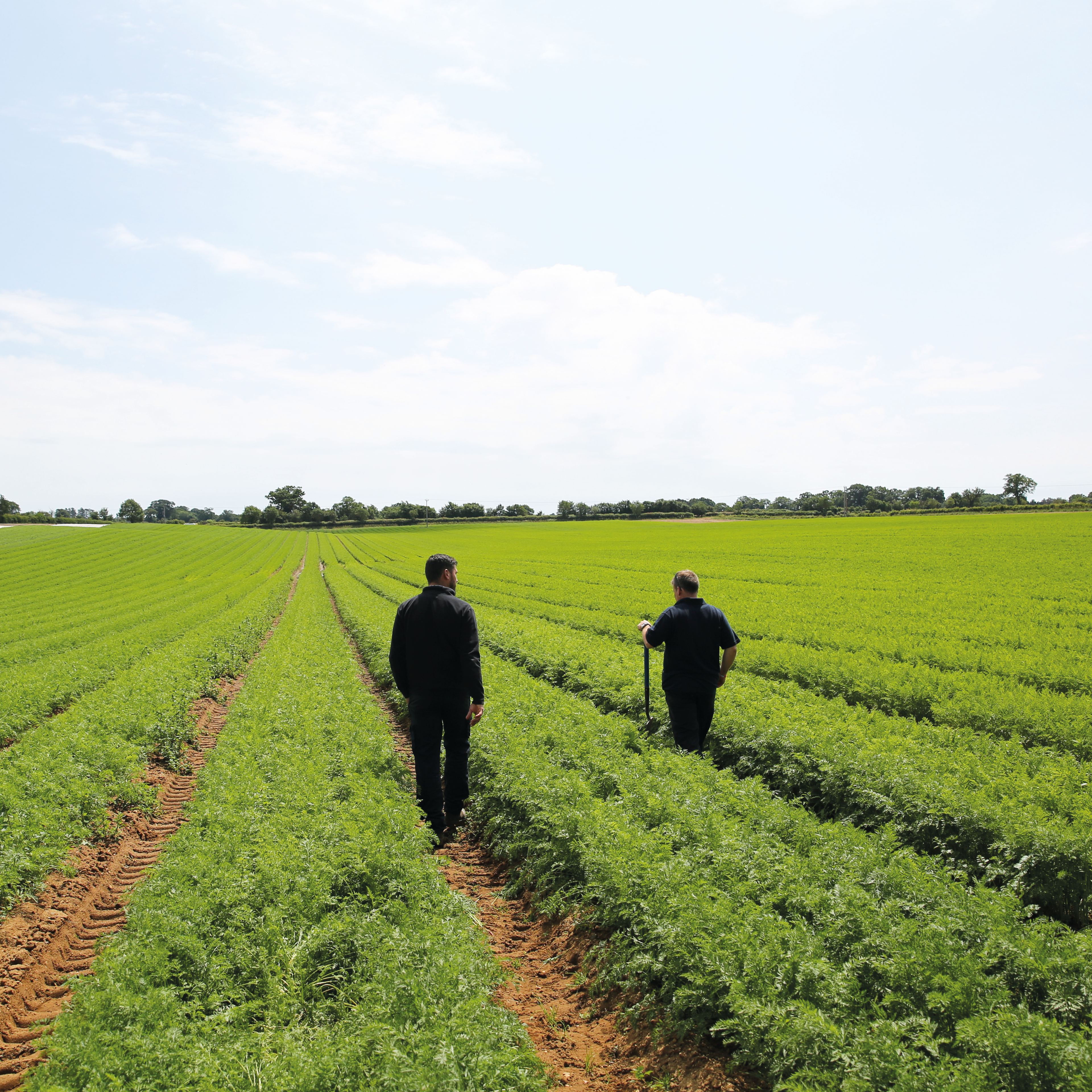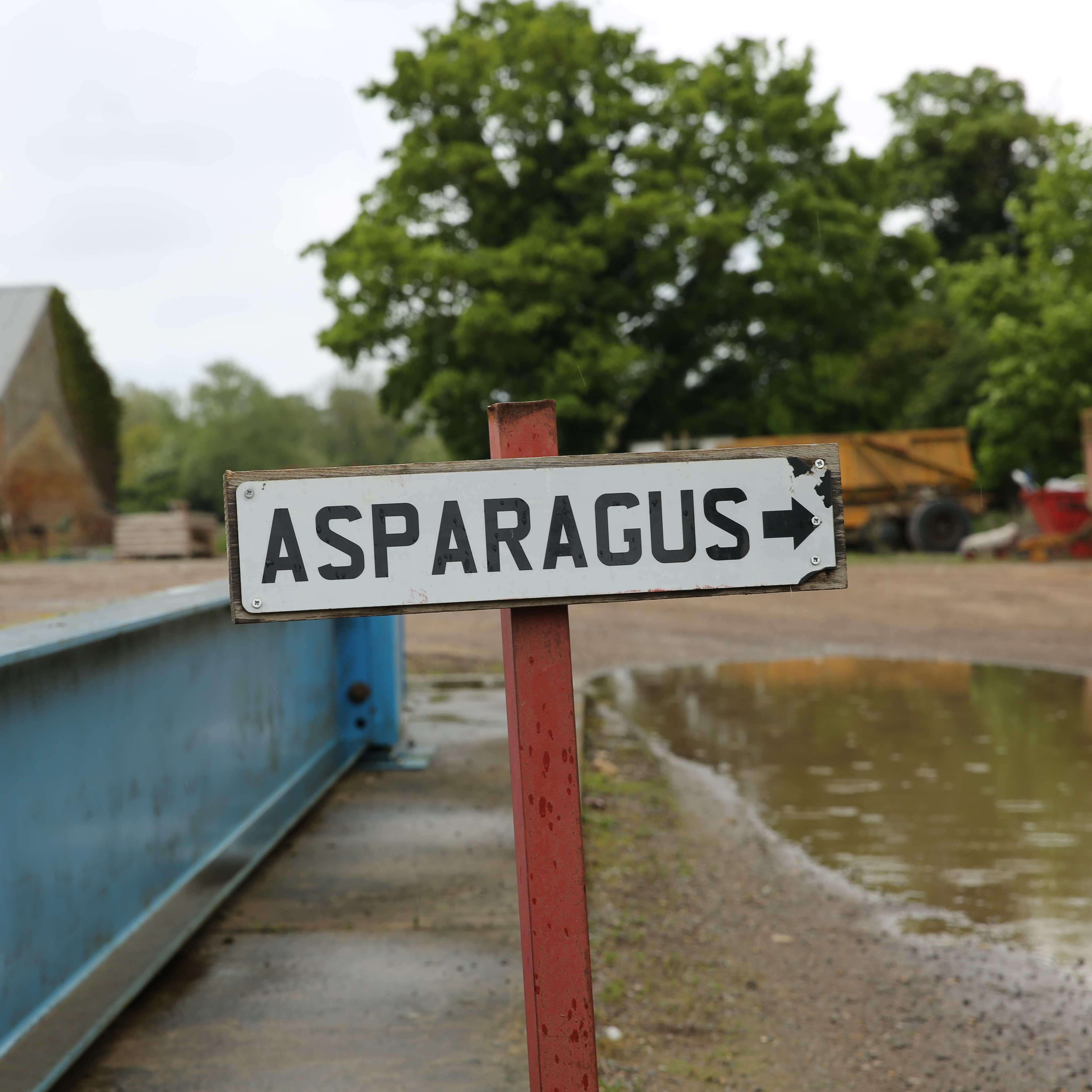Have you ever peeled a banana and wondered just how far it’s come? You don’t need to be a farmer to know that they won’t grow in the Cotswolds after all. Conventional wisdom tells those of us looking to live and eat more sustainably that buying local food and reducing food miles is the way forward. But can it really be that simple?
Facts about food miles: all you need to know

What are food miles?
In a nutshell, food miles are how far your food has come to reach your plate. But the truth is much more elusive.
Until we master teleportation, it’s transportation that’s needed to get your apples and bananas from A to B. That’s fossil fuel burned to power planes, trains, boats and automobiles – all contributing greenhouse gasses and climate change.
So, as conscious consumers, we’re doing the world a favour if we reduce our dinner’s food miles. So far so good – but this is where it gets complicated…
Food miles from A to B via C, D and E
Take our humble banana from earlier. Rather than the Cotswolds, the world’s largest exporters of the curvy herbs (yes, bananas are herbs, look it up) are India, China and the Philippines. So, it stands to reason that if you’re munching your banana somewhere in Britain, the Indian option edges out the Chinese choice when it comes to reducing food miles.
The packaging (or sticker) on your fruit might say that it’s ‘Produce of India’, but consumers have very little way of knowing where it’s been between there and here. Big commodity crops like bananas will often find their way to humungous storehouses before being distributed across the globe, and rarely travel as the crow flies to do it.

Not all food miles are made equal
Speaking of flying, it’s important to note that not all food miles contribute the same emissions. While figures vary and it’s an extremely complex problem to model, it’s generally accepted that air freight is the most fuel and carbon intensive form of transport. In fact, per tonne, per kilometre, cargo planes can emit as much as ten times more carbon than modern freight ships.
Again, these are difficult facts to get hold of, especially when you’re buying from large retailers like supermarkets who rarely put this information front and centre.
But what if this banana’s destiny is to be dried, chipped and bagged for trail mix? This classic hiker’s snack might well be bagged in the UK, as the packaging proudly states, but the food miles involved in bringing together the individual ingredients tell a very different story.
Your banana was grown in India, but maybe it was dried in the Ukraine. Then there’s the nuts (grown in the US this time perhaps), raisins (a Turkish delight), and chocolate chips (made from Ivorian cocoa beans, processed in Holland). Before you’ve even thought about the bag it comes in, your trail mix represents a food miles world tour that’d make the Beatles blush!
Shop locally, think seasonally
So, it stands to reason that cooking from scratch, using locally grown, whole foods is a great way to reduce food miles and associated emissions. But if your goal is to live a more sustainable life overall, there’s always more to consider.
British tomatoes are grown up and down the country, providing local options for most areas; and they can taste every bit as delightful as their Italian counterparts too. In the summer they can grow outdoors. But to maintain the Mediterranean climate they need to thrive the rest of the year, many are grown in massive, energy hungry greenhouses which are artificially heated day and night.
It’s key then, to understand what’s in season throughout the year and to strive for a diet that’s not only more local, but seasonal at the same time.

So, what’s the answer?
There’s a good chance that all this has put you off your banana. But, with food miles in mind, is the answer to bin them for good (or only eat them when you’re on holiday)?
We’re only human, and there’s no way to live a perfectly sustainable life all the time. You’d go mad with the maths, trust us. The best thing we can do is choose where we buy our food carefully, and if we do that, we’ll be taking huge strides in the right direction every day.
Where possible, it’s great to go straight to the source, buying from local farms and farmers markets. Don’t worry if you don’t live next door to Old McDonald though – we happen to know a good alternative.
First of all, nothing that you’ll find in our shop has ever been air freighted. Our organic fruit & veg boxes are packed with the seasons in mind, with an ever-changing array of what’s growing naturally, and as close to home as we can get. We even have an All-British Veg Box, for those who hate food miles, but love our homegrown heroes.
Every week thousands of individual trips to the supermarket are avoided by Abel & Colers getting their shopping with us. Not only that, but our sustainable delivery experts are incentivised to beat the traffic in the wee-small hours of the morning. They drive in the most fuel conscious way and create the most efficient routes possible every single week.
Want to know more?
Rather than trying to hide the truth behind our food, we’re shouting it from the rooftops. We only work with farmers, makers and bakers who are as committed to reducing food miles as we are, and we’ll tell you all there is to know about what you’re buying.
We’re proud of every bite you’ll get in your box, and we’re not shy about it either.
If you’ve got a question, and you can’t find the answer on our website, we’d love to hear from you. Our team are bursting with organic knowledge, and anything they don’t know, they’ll endeavour to find out.


